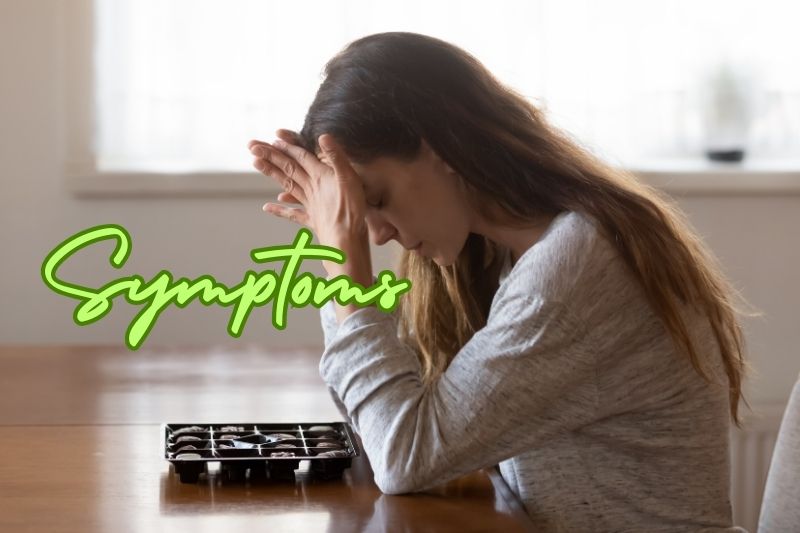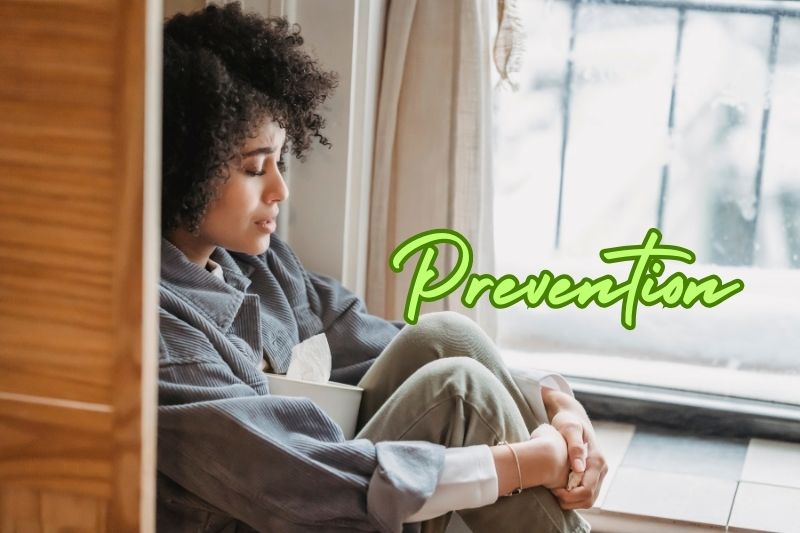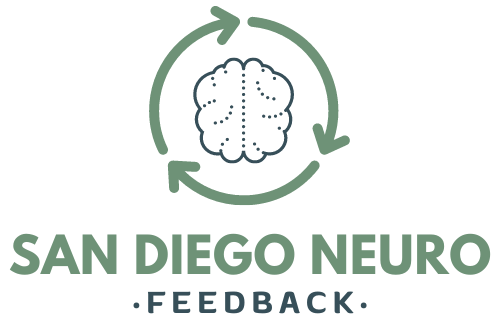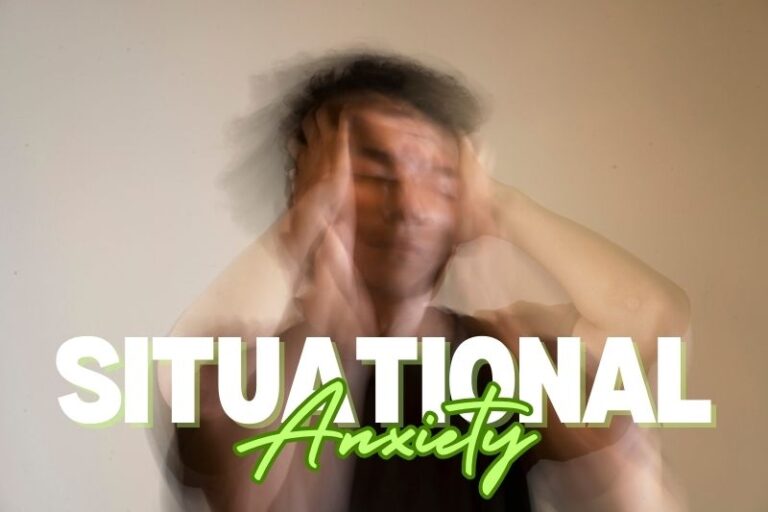Situational anxiety is an intense and immediate anxiety response triggered by specific events or circumstances.
Unlike generalized anxiety disorder (GAD), which involves a chronic state of worry, situational anxiety is directly linked to particular scenarios such as public speaking, exams, or social gatherings.
It manifests as an overwhelming response to certain situations. The reaction is often disproportionate to the actual threat posed and can be both physically and mentally distressing.
This type of anxiety is frequently experienced during events such as job interviews, social interactions, or while performing in front of an audience.
Common Triggers
The specific triggers for situational anxiety can vary widely, but some common ones include:
- Public Speaking: Addressing an audience is a common source of anxiety.
- Social Interactions: Events requiring social engagement, such as parties or networking, can provoke anxiety.
- Performance Situations: Situations where there is pressure to perform, such as exams or sports competitions, often trigger anxiety.
- Medical Situations: Visits to the doctor or undergoing medical procedures can cause anxiety due to fear of diagnosis or pain.
Symptoms of Situational Anxiety

Symptoms can range from physical to psychological, including:
- Physical Symptoms: Rapid heartbeat, excessive sweating, shaking, dizziness, and difficulty breathing.
- Psychological Symptoms: Overwhelming fear, dread, nervousness, and a sense of unease.
Impact on Daily Life
The effects of situational anxiety on daily life can be significant, leading to avoidance of anxiety-provoking situations. This avoidance can restrict personal and professional opportunities, potentially leading to social isolation, career setbacks, and a diminished quality of life.
Short-term Effects
In the immediate term, situational anxiety can cause significant distress and impair performance. For instance, someone might freeze during a public speech or perform poorly on an exam due to high anxiety levels.
Long-term Effects
Over the long term, situational anxiety can result in the development of phobias and chronic avoidance behaviors. If left unaddressed, this can escalate into more severe anxiety disorders or depression, negatively impacting overall mental health.
Coping Mechanisms

There are several strategies to manage situational anxiety:
- Preparation: Thoroughly preparing for anxiety-inducing situations can alleviate anxiety.
- Relaxation Techniques: Methods such as deep breathing, meditation, and progressive muscle relaxation can help manage symptoms.
- Positive Visualization: Imagining a successful outcome can reduce anxiety and boost performance.
Professional Help
Professional assistance is often crucial in managing situational anxiety. Cognitive-behavioral therapy (CBT) is particularly effective, helping individuals identify and alter negative thought patterns. Medications, such as anti-anxiety drugs or beta-blockers, may also be prescribed in severe cases.
Self-Help Strategies
Individuals can employ several self-help strategies to manage situational anxiety:
- Lifestyle Adjustments: Regular exercise, a nutritious diet, and sufficient sleep can improve overall anxiety levels.
- Support Networks: Engaging with friends, family, or support groups can provide comfort and reduce feelings of isolation.
- Exposure Therapy: Gradually facing anxiety-inducing situations can help desensitize the fear response over time.
Prevention and Management

Effectively preventing and managing situational anxiety involves a combination of coping strategies, professional intervention, and lifestyle changes.
By recognizing personal anxiety triggers and understanding the patterns of anxiety, individuals can develop effective management techniques, leading to an improved quality of life and reduced anxiety.
Situational anxiety, although challenging, can be managed with the right approach. By understanding its causes and effects and implementing appropriate coping strategies, individuals can handle anxiety-provoking situations with greater ease and confidence.

